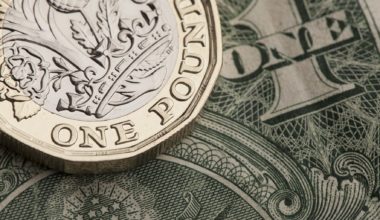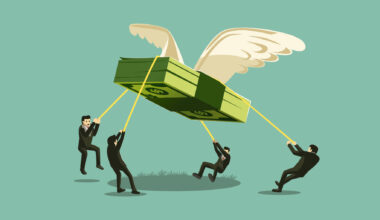This week we offer an update on our thoughts around market valuations, risks, and most importantly, areas of speculation in financial markets which we still think look like bubbles.
On a series of webinars we hosted last year, we made the point then that investors needed to be wary of multiple speculative investment bubbles that could burst. We saw highly speculative price movements and valuations in asset classes (if you can call them an asset class) like crypto currencies. In the stock market, there were many businesses with valuations that honestly made no sense to us.
Tesla, for example, was trading on a valuation of $1.1 trillion, which was greater than the value of every other car company on the planet combined. To put $1.1 trillion into context, the annual Gross Domestic Product of the Netherlands is less than $1 trillion (a G20 economy).
Bitcoin and other cryptos, we were promised by their backers, were on the cusp of reaching record highs and changing the world, displacing fiat currencies like the old fashioned US dollar, euro, pound sterling and Japanese yen. Prominent evangelists like Sam Bankman-Fried, founder of crypto exchange FTX, sat on panels alongside Bill Clinton and Tony Blair, his face even ending up on the front cover of Forbes and Fortune magazine.
Companies with poor business models and little else other than bullish forecasts commanded outrageous valuations. Zillow Group, a US-listed business that bought homes and then re-sold them online (garnering it the much desired label as a ‘tech’ company) commanded a peak market valuation of $41 billion despite consistently generating negative profits.
Another electric car company cunningly named Nikola (a la, Nikola Tesla) had a peak valuation of $29 billion last year, despite having no working prototype of an electric vehicle and publicly publishing videos of what looked like a working prototype but was actually a model vehicle being rolled down a hill. I’ll just repeat the valuation, $29 billion. To put that into context, one of the world’s largest defence contractors, (the UK’s biggest), owner of some of the most advanced intellectual property anywhere, BAE Systems, currently has a market valuation of $29 billion (and it generated $2 billion of profits last year). Which would you rather own now?
The aforementioned eye-watering valuations, and many, many more, of last year could not last and these multi-bubbles have been bursting. Some quickly, others more slowly. Tesla stock is down 55% from peaks last year. Bitcoin is down 60% so far this year alone, and is down 71% from peak last year. Other cryptos have fallen 100%, literally losing all their value, while some related businesses (investment funds and exchanges) have filed for bankruptcy. Sam Bankman-Fried is now allegedly on the run following the collapse of his business and allegations of fraud, his location currently unknown and the topic of speculation in the press.
Nikola’s share price, down 96% from peaks last year. Zillow is down 82% over the same period.
Investors must, however, remain very cautious. There is a joke among professional investors that goes something like this: ‘what do you call a stock that’s down 90%? It’s a stock that was down 80%, then it fell another 50%.’
The math of the joke is simple. Take a stock starting at a price of 100, it falls 80%, so the new price is 20. Then it falls another 50% from there down to 10. That is a start to finish fall of 90%. The moral here is that just because an asset has seen a big fall in price, it can still fall a lot more! Investors must be very cautious, given the big falls we have seen in speculative bubble assets over the past year, not to fall into the trap of thinking they now offer good value at these lower prices. Bitcoin can still fall 100% from current prices. We remain highly sceptical of all cryptos and see much danger still lurking in that space for investors. Similarly, while some stocks have lost most of their values and rightly so relative to where they were trading last year, others still exhibit speculative excess in valuations, even after the big declines we have seen. Tesla, for example, with a current market value of $590 billion, remains a risky prospect, as do many other stocks.
Some bubbles burst quickly, others more slowly. We think there’s more to come on the downside for the likes of bitcoin, et al.
We continue to see much better value elsewhere, and that’s where we’re investing.
Disclaimer: The views expressed in this article are those of the author at the date of publication and not necessarily those of Dominion Capital Strategies Limited or its related companies. The content of this article is not intended as investment advice and will not be updated after publication. Images, video, quotations from literature and any such material which may be subject to copyright is reproduced in whole or in part in this article on the basis of Fair use as applied to news reporting and journalistic comment on events.


